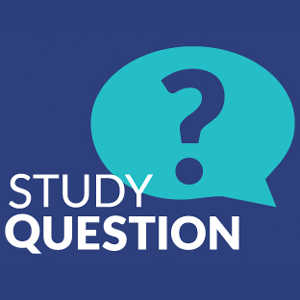Do your customers know the difference between an investment adviser and broker-dealer? Do you know the importance of this distinction and how it may affect your registration status?

For many retail customers, the difference between an investment adviser (IA) and a broker-dealer (BD) may not seem important. A customer may have received an investment recommendation from a BD, or owned securities through an IA account. However, which kind of firm you work for is important for knowing which services you may provide, how you may provide them, and which qualification exams you must pass.
Investment Advisers
Investment advisers are usually firms, though they can be an individual operating as a sole proprietor, whose primary business is providing investment advice, and who are paid for the advice itself. Investment adviser representatives (IARs) are individuals who work for IAs and advise the IA’s clients on the IA’s behalf. IAs and IARs are not “stockbrokers” and cannot directly buy or sell securities for their customers. While many have IA accounts through which they own stocks, mutual funds, and other securities, in fact these are accounts an IA opens on the customer’s behalf with a BD.
Broker-Dealers
Broker-dealers are usually firms, though they can be an individual operating as a sole proprietor, that execute securities transactions for customers. An individual who is employed by a BD to handle customer accounts is called an “agent of a broker-dealer” on some exams, or a “registered representative” (RR) on others. BDs can offer investment advice incidental to their work with customers but cannot be compensated for the advice itself. If a BD acts as an intermediary between a buyer and a seller, then the BD can charge a commission on the trade. If a BDs buys or sells from its own inventory, then the BD makes money by charging a markup on securities that they sell and taking a markdown on securities that they buy.
So, if you’re an IAR, you…
- …can provide advice
- …can be paid for that advice
- …cannot execute trades
- …cannot charge commissions or markups on your customer’s trades
If you’re a BD agent (also known as a registered representative), you…
- …can provide advice
- …cannot be paid for that advice
- …can execute trades
- …can charge commissions or markups on your customer’s trades
Testing and Licensing
Finally, many firms, especially larger ones, maintain both IA and BD registrations. When working for these “dual registrants,” you may be asked to qualify as an IAR, BD agent, or both, depending on your role.
In fact, an increase in dual registrations is one of the note-worthy trends Solomon discusses in our recent white paper, “Optimizing On-Boarding in 2021: 7 Key Trends for the Securities Industry,” available for download from this blog post.
To become an agent of a broker-dealer (registered representative), you must pass the Securities Industry Essentials (SIE), and a “top-off” exam such as the Series 6 or Series 7, and for state registration usually the Series 63. To become an IAR, you must pass either the Series 65, or, if you work for a dually registered firm, the SIE, the Series 7, and the Series 66.


